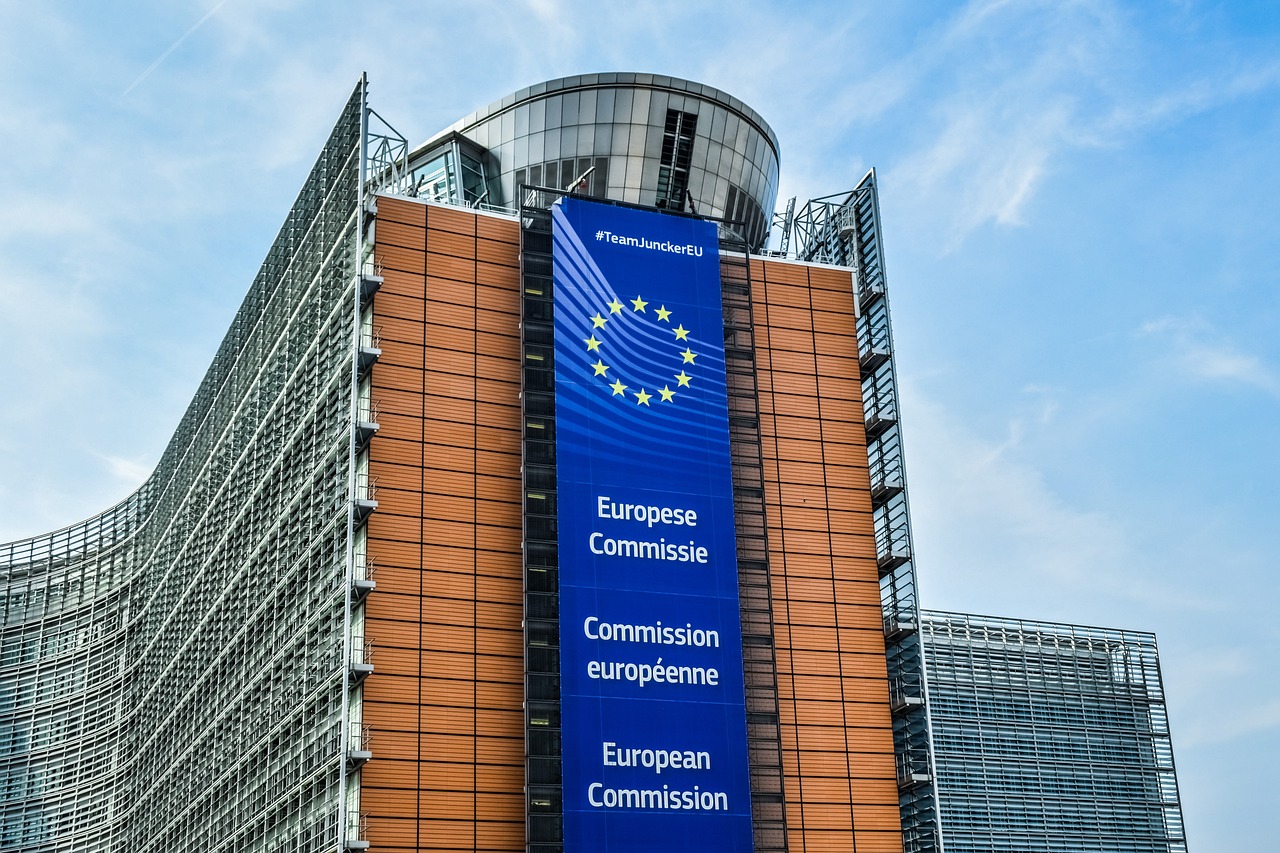The country is set to receive EUR 0.9 billion in pre-financing of the REPowerEU funds.Continue reading

A loan of HUF 380 billion (EUR 1 billion) from the Recovery Fund will soon arrive, and the European Commission may make another decision on the funds by the end of the year, Tibor Navracsics, Minister of Regional Development, announced on InfoRadio’s Aréna program. In the broadcast, he also gave an update on the progress of the Erasmus negotiations.
The minister said that the Hungarian government has applied for a total of HUF 1,500 billion (EUR 3.9 billion) in loans for investments in the framework of the Recovery Fund, given that projects implemented with this money must be completed by 2026. The national plan had to be submitted by the end of August, and the European Commission is now recommending it to the Council for adoption. If the decision is positive, the advance can be paid. The money can be used on the basis of a national plan prepared by the Ministry of Energy, mainly for energy projects: energy saving, residential renewable energy tenders, or grid development.
For the other, much larger EU funding packages, the payment date is not so close. The HUF 2,300 billion (EUR 6 billion) of the non-reimbursable part of the Recovery Fund is pending. The agreement has been delayed for some time because of objections regarding the alleged threat to the independence of the judiciary.
“We are receiving a diminishing number of questions from the Commission. (…) We are trying to answer them quickly and hope that before the end of the year the European Commission will decide that we have met its requirements, so that we can meet the horizontal eligibility criteria and access the money.
However, I am not so confident about an agreement in the rule of law conditionality procedure,”
said the Minister who led the negotiations.
As he explained, they are not really arguing about normative texts, but about technical details, which is why he feels that the European Commission is only trying to push back deadlines with its new requests, to see whether the political environment will allow the lifting of restrictions on Hungary. The minister believes that the Commission fears that if it runs out of debating points and reaches an agreement with Hungary, it could face severe retaliation from the European Parliament (EP), for instance, by affecting the commissioners’ personal political careers or even a motion of censure against the Commission by the EP.
“We do not really know what the Commission’s position is on the matter, but the real problem is that according to them, the aim is not to exclude Hungarian universities from international cooperation.
Yet they are being excluded from programs one after another on the grounds that they are under the EU’s sanctions regime,”
the politician said, indicating that there are no deadlines anymore because there has been no change even in previously agreed dates by the Commissioners. “I therefore hope that we can reach an agreement and that funding will be uninterrupted from next September,” he said.
“In a series of negotiations, it is possible to reach a last-minute agreement if there is political will. There is no political will to reach an agreement in the committee now, and as long as this remains the case, there will be no agreement. Around May-June there was a turnaround, until then we moved from the simpler issues to the more complex ones, following the methodology I suggested.”
However, in the summer, the Committee came up with a new negotiating principle: nothing is resolved until everything is resolved,”
he said.
“In other words, everything depends on the outcome of the rule of law procedure, with the smallest issue being the biggest hostage.”
The minister also sees a delay in the negotiations on the university programs: active politicians were removed from the boards of trustees overseeing the model-switching universities as early as January, as requested by the Commission, but since then they have been involved in an increasingly complex series of negotiations, which is not yet over.
Via Infostart, Featured image: Pixabay